Scientific and Advisory Committee (SAC) members
The Scientific and Advisory Committee (SAC) assists the Initiative Governing Committee (IGC) by developing and updating the strategic direction of research, designing and directing the research and development program, overseeing the scientific peer review of projects, and making recommendations on research projects to be funded, all of which are then sent for approval by the IGC.
SAC Chair | Mr. David Mead
SAC Vice - Chair
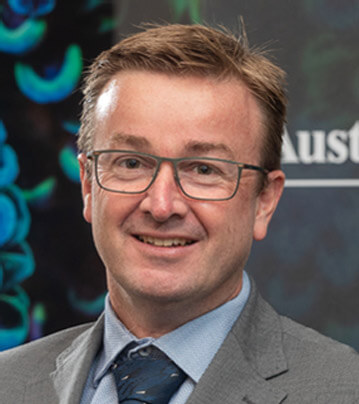
SAC Chair | Mr. David Mead
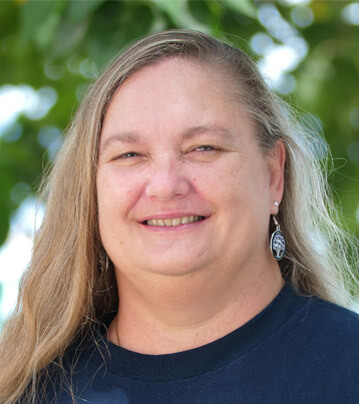
SAC Vice – Chair | Prof. Anastazia Banaszak
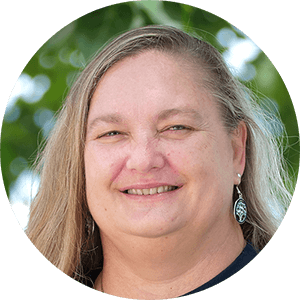
Anastazia Banaszak
Research Professor Institute of Ocean Sciences & Limnology at the National Autonomous University
Anastazia Banaszak is a photobiologist investigating the effect of ultraviolet radiation particularly in the different stages of the life cycle of corals. She has participated in projects related to the impact of climate change on reef organisms, symbiosis in corals and other invertebrates, and has led biotechnology projects for the restoration of coral reefs in the Caribbean.
Coral Restoration
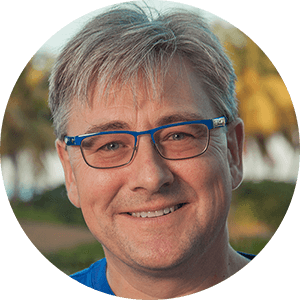
Callum Roberts
Professor of Marine Conservation in the Centre for Ecology and Conservation at the University of Exeter
Callum Roberts’s research focuses on threats to marine ecosystems and species and on finding the means to protect them.
Marine Conservation
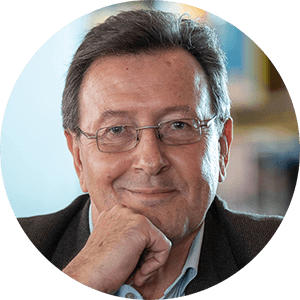
Carlos M. Duarte
CORDAP Executive Director and Distinguished Professor at King Abdullah University of Science and Technology (KAUST)
Carlos Duarte is one of the leading global authorities on the ecology of coastal ecosystems and seagrass meadows. He researches ecological systems, biogeochemical cycles, coastal ecosystems, macrophytes, microbes, seagrasses, and open ocean gyres.
Ecology of Coastal Ecosystems
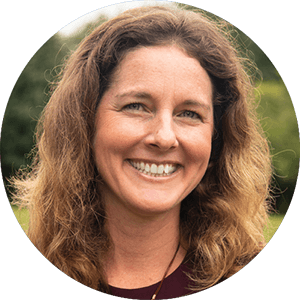
Elizabeth Mcleod
Global Reef Systems Lead at The Nature Conservancy
Lizzie Mcleod has spent two decades developing and implementing strategies to reduce the impacts of climate change on marine ecosystems and coastal communities and developing tools to improve reef management.
Marine Ecology and Marine Conservation

Hajime Kayane
Professor at the University of Tokyo
Hiroya Yamano studies the effects of environmental change on coastal ecosystems.
Earth System Science
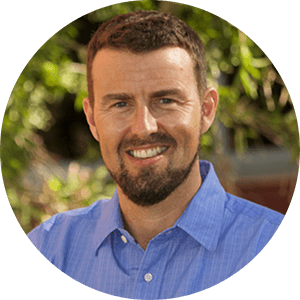
Ian McLeod
Adjunct Professor, James Cook University
Ian McLeod leads a range of projects focused on marine habitat conservation and restoration. His projects are applied and multidisciplinary, including ecology, physiology, modeling, aquaculture, engineering, social science, and economics.
Marine Ecology, Conservation and Restoration
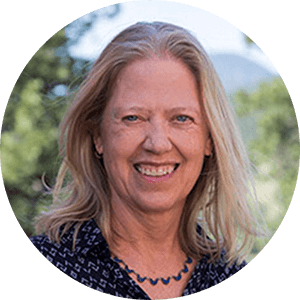
Joanie Kleypas
Senior Scientist Climate & Global Dynamics Lab at the National Center for Atmospheric Research (NCAR)
Joanie Kleypas studies how coral reefs and other marine ecosystems are affected by changes in the Earth’s atmosphere and climate, and applies her work in coral reef restoration.
Reef Ecology, Geology, and Restoration
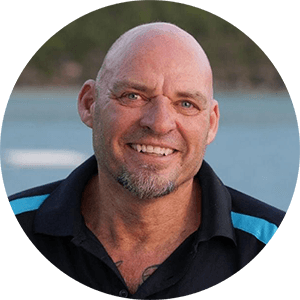
Mark Gibbs
Principal Engineer, Queensland University of Technology
Mark Gibbs is a coastal engineer and scientist who has worked on major coastal infrastructure projects as a researcher and consultant worldwide. Mark has extensive experience in marine operations, infrastructure planning and delivery, impacts of coastal infrastructure, and research program management.
Technology Development and Transfer, Engineering, Capacity Building
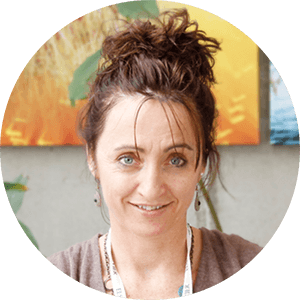
Michelle Devlin
Science Theme Lead for Environment and People at Centre for Environment, Fisheries and Aquaculture Science and Assoc. Prof. in Collaborative Center for Sustainable Use of the Seas (CCSUS) at University of East Anglia
Michelle Devlin explores the interactions between the environment and people in coastal, marine, and catchment habitats. She’s a specialist in assessing eutrophication risk and vulnerability, coral reef dynamics, policy analysis and advice, water quality, impact assessment, and catchment management.
Marine Environment and People, Water Quality, Eutrophication, Plankton, Coral Reef Resilience
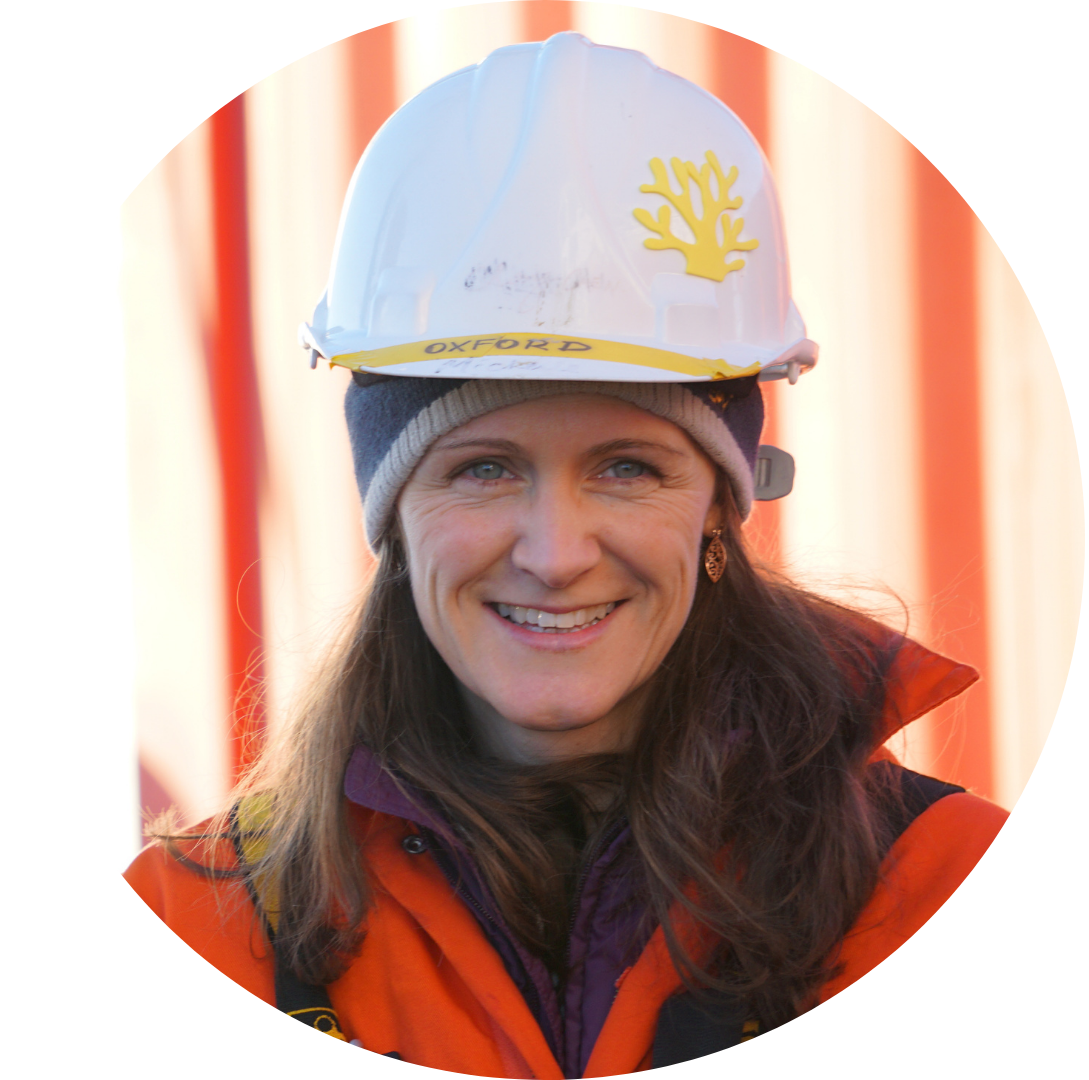
Michelle Taylor
Director of Marine Biology, Senior Lecturer at University of Essex, School of Life Sciences
Michelle Taylor is a deep-sea ecologist. Her research interests span the molecular to the ocean-level and have included studies on shallow and deep, cold-water coral reefs. Broadly she is interested in deep-sea ecosystems, exploring them, what drives their biodiversity, and how we can limit human impacts in vulnerable habitats such as coral reefs, hydrothermal vents, and seamounts.
Deep sea ecosystems; cold-water corals
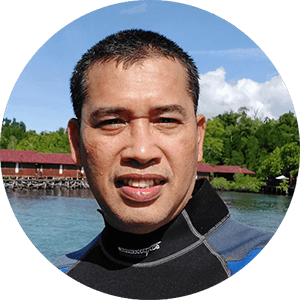
Muhammad Abrar
Research Center for Oceanography
National Research and Innovation Agency
Muhammad Abrar’s research focuses on coral reef conservation and reef health monitoring and identification.
Coral Reef Conservation

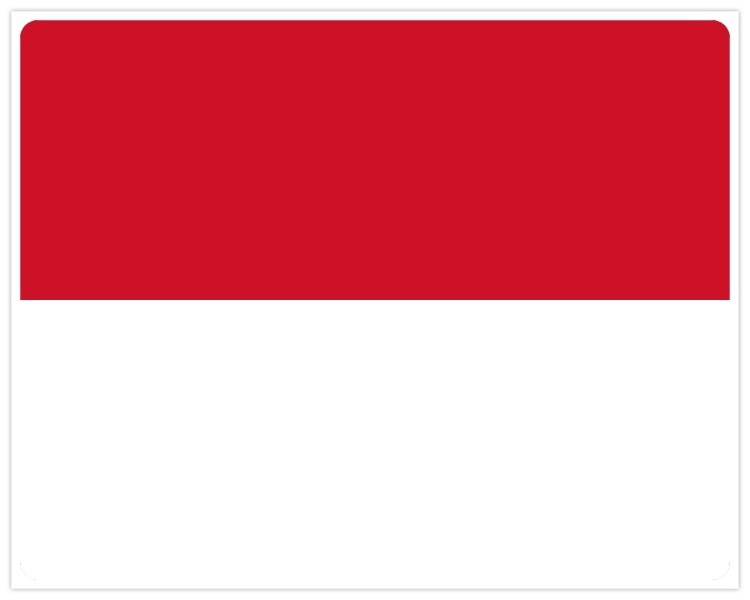
Nathalie Hilmi
Nathalie Hilmi is an expert in Macroeconomics and International Finance. She joined the Centre Scientifique de Monaco as section head of environmental economics and collaborated with IAEA’s Environment Laboratories to better evaluate the socioeconomic extent of impacts and costs of action versus inaction with regard to carbon emissions.
Macroeconomics and International Finance
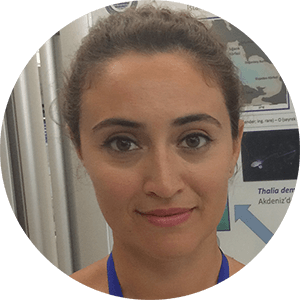
Nur Eda Topcu Eryalcin
Associate Professor at Istanbul University, Faculty of Aquatic Sciences Turkish Marine Research Foundation
Nur Eda Topcu Eryalcin works in marine conservation and awareness. Her research deals with Mediterranean gorgonian corals, demographic monitoring of gorgonian populations, and genetic structure.
Marine Conservation
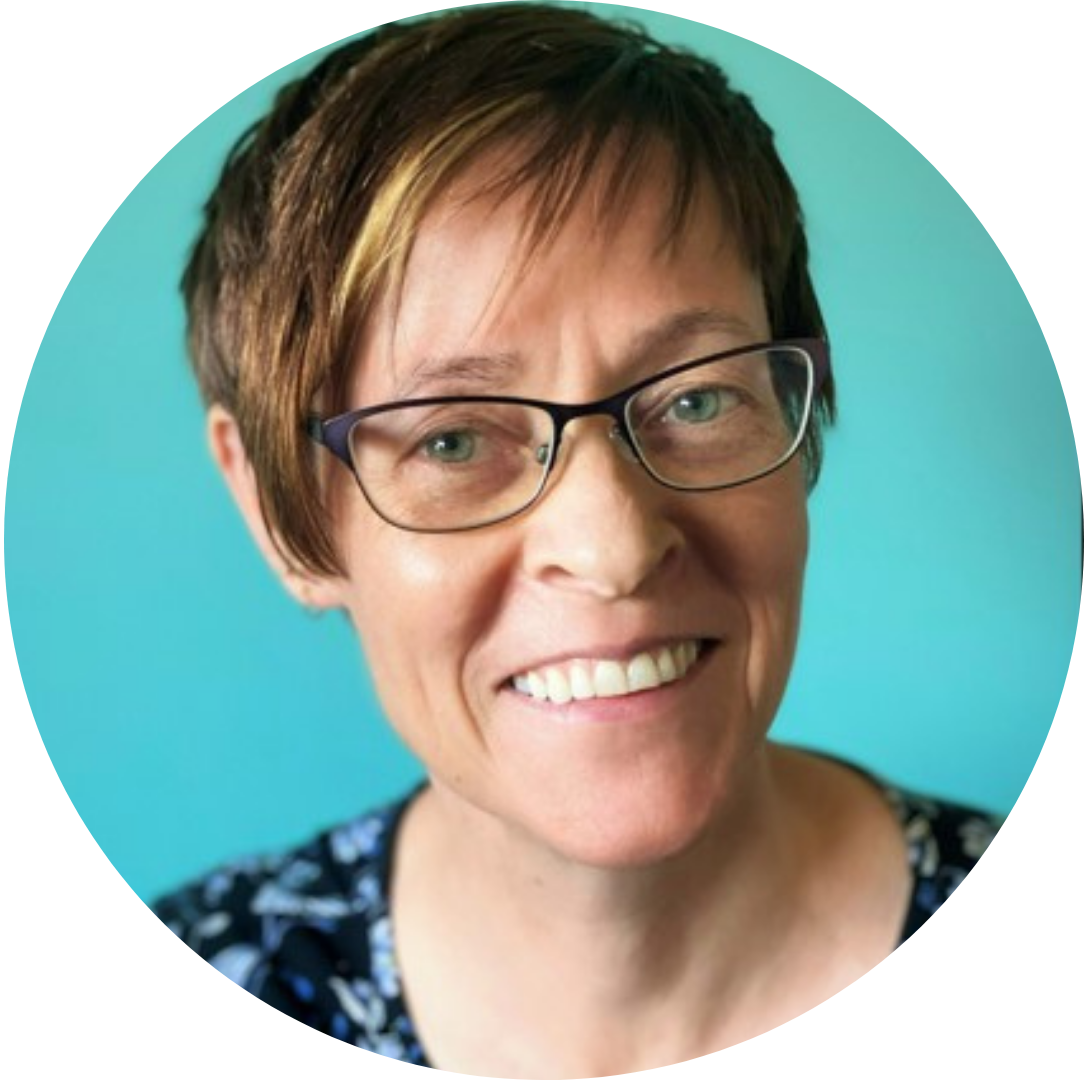
Rachel Pears
Reef Restoration and Adaptation Program (RRAP) Deputy Program Director – Risk Management at Australian Institute of Marine Science (AIMS)
Rachel Pears is an environmental manager, experienced in a variety of reef management roles at the Great Barrier Reef Marine Park Authority. She has worked on several policy areas including strategic policy, restoration and adaptation interventions, reef health, fisheries, ecosystem resilience, climate change, biodiversity protection, adaptation and governance.
Coral reefs risk management
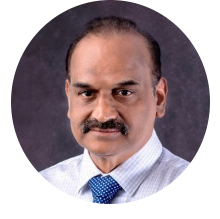
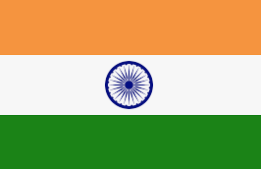
Ramesh Ramachandran
Rammesh leads trans-disciplinary research studies spanning coastal, marine conservation and restoration, coastal vulnerability, spatial planning, land-based pollution, island management, integrated coastal zone management, socio-economic development, and climate change.
Coastal, Marine Conservation and Restoration
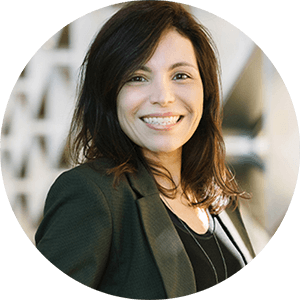
Raquel Peixoto
Associate Professor of Marine Science at the Red Sea Research Center in King Abdullah University of Science and Technology (KAUST)
Raquel Peixoto’s research has outlined the protocols and proved the concept that the manipulation of coral-associated microorganisms, using Beneficial Microorganisms for Corals (BMCs), is possible and can increase the host’s resilience and resistance against environmental threats.
Coral Conservation
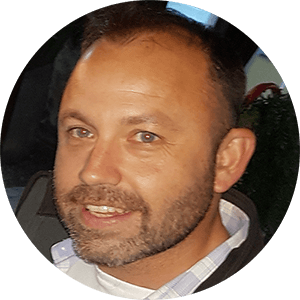
Sean Porter
Senior Scientist at the Oceanographic Research Institute, South African Association for Marine Biological Research
Sean Porter’s research focuses on the spatial and temporal ecological dynamics of coral and rocky reef ecosystems and how climate change drivers and local pressures impact coral and rocky reefs communities. Much of this information is then used for marine conservation planning and management.
Reef Ecology
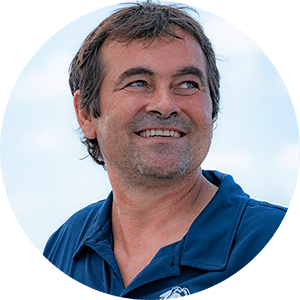
Serge Planes
Director of Research CNRS (DRHC) and Research Director at the Centre of Island Research and Environmental Observatory (CRIOBE)
Serge Planes studies population genetics of marine fish, coral reef fishes and ecology, and recruitment of reef fishes. Recently, he his involved in testing technologies to make coral reefs more resistant to global warming.
Coral Reef Ecology
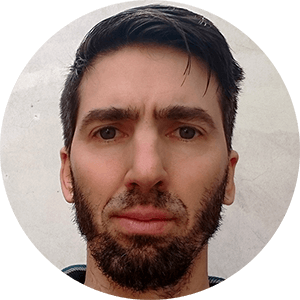
Daniel Marcelo Lauretta
Researcher at National Scientific and Technical Research Council (CONICET-Argentina)
Daniel’s work focuses on the study of biodiversity, reproduction and distribution of benthic cnidarians, mostly sea anemones and deep sea corals from southwestern Atlantic Ocean off Argentina.
Marine Conservation
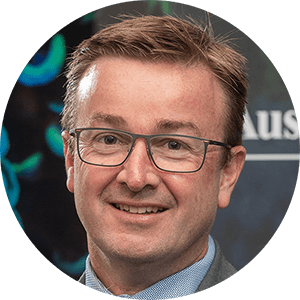
David Mead
Executive Director Strategic Development at the Australian Institute of Marine Science and Program Director for Australia’s Reef Restoration and Adaptation Program (RRAP)
David Mead led the initial concept feasibility study and the R&D design of the RRAP, and now leads the Managing Entity, which is accountable for the delivery and ongoing development of the program. David has an honours degree in mechanical engineering and tertiary qualifications in leadership (Oxford University Advanced Leadership Program), an MBA and post grad qualifications in maintenance management.
Engineering
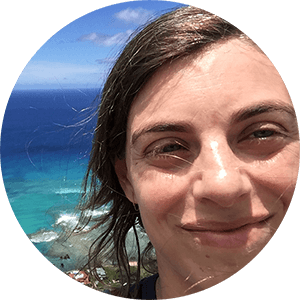
Tali Vardi
Executive Coordinator Lead and Coral Scientist for NOAA Fisheries Office of Science & Technology Coral Restoration Consortium
David Mead led the initial concept feasibility study and the R&D design of the RRAP, and now leads the Managing Entity, which is accountable for the delivery and ongoing development of the program. David has an honours degree in mechanical engineering and tertiary qualifications in leadership (Oxford University Advanced Leadership Program), an MBA and post grad qualifications in maintenance management.
Coral Restoration
Your contribution can fast-track research and development solutions to save the corals.
